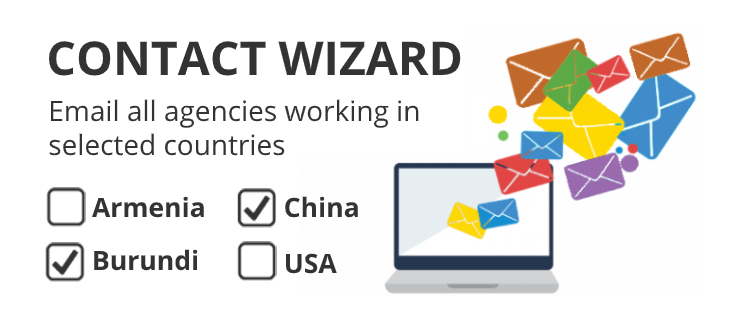
As a new school year approaches many parents are out purchasing school supplies, making sure the perfect backpack is picked out and are reading books about the first day of school to help their child get familiar or reacquainted with this school thing. However, for some parents, back to school time might be filled with anxiety and an overwhelming uncertainty of how their child will perform this year.
Post-institutionalized children in particular are at a high risk for school related difficulties. Developmental delays, language and learning disabilities are common in such children. Post Adoption research indicates that a developing child's progress is directly proportional to factors such as health, nutrition and prenatal care, length of term and birth weight, availability of dependable primary caretaker and nurture after birth, the level of physical stimulation, emotional interaction and language exposure during the first critical and formative years. These parents might be starting to wonder if there is a book that will prepare them for what this upcoming year might have in store for their child and how they can help their child to be successful.
One of the biggest predictors of academic success is parent involvement. It begins with embracing the role of parent advocate and tackling the most daunting question : where do I start?
Behavioral Specialist, Stephanie Gallson at The Aspire Center for Learning in Buffalo, NY says that you can make yourself present in your child's education by:
- Attending meetings with teachers
- Regular communication with your child's teacher or service provider
- Investing the time and effort in learning when and how skills are being taught to your child so the skills can be generalized
Ms. Gallson stresses that concerns cannot be addressed if they are not shared. Parents need to express their concerns, ask what services are available in their community and ask for services for their child.
Unfortunately, services are often difficult to obtain and this advocacy thing becomes a full time job. Parents can help themselves to be a strong advocate, by being informed, involved and persistent advocates on behalf of their children. A parent advocate is their child's biggest support, their most relentless backer, demanding what they cannot. Understanding what your child needs early and being proactive in obtaining services may save them and you a lot of stress.
Traveling the adoption road, parents learn that realistic expectations are critical in terms of overall satisfaction. School systems may not have the same foundation that parents do. Fundamental tools are developed during the early years of life, even before children attend school. Since the majority of children in school have not experienced grief, loss and trauma, we cannot expect that the teachers and administration understand the needs of a child who has. As parents, you become the professional. Time to start thinking about your vision for your child's future.
To get started: Get a comprehensive evaluation. The difficulties children face can be complex and at times confusing. A full assessment is more likely to end in an accurate diagnosis. Effective treatment is dependent on this information.
Identify who is on your team. Other professionals, such as doctors, teachers, social workers and therapists, are there to support you and forming allies will help you to be a good advocate. You are not in this alone.
Educate yourself on IDEA, other education related laws and the resources available in your community.
Unconditional love is a powerful motivator. Emotions may guide the parent advocate, but information and support will be the key to having a level-headed approach and communication. Involvement in parent support groups will help an advocate to calm and learn different techniques for navigating the school system.
As a parent your child is counting on you to learn your rights and how you can effectively advocate for them to receive the education they need and deserve. Remember you know your child best, her strengths and needs, likes and dislikes, your opinion is meaningful and should be considered. While it might be true that the "squeaky wheel gets the grease, as a parent advocate how you squeak will determine how much grease you get" so educating yourself on how to be a strong advocate will help you to obtain all the services your child needs.
Megan Montgomery, LMSW, is the International Adoption Coordinator for AdoptionSTAR








